Everything about Work VISA for Japan
Work VISA for Japan

If you are planning to live in Japan, you need to take the visa that allows you to carry out the activities that you intend to, while you are living in Japan. Japan offers 30 different types of visas and each of them has different requirements and eligibility criteria. Hence, it is important to determine the type of visa you will need and allow you to fulfill the purpose of your stay in Japan. You will have to make sure that you satisfy the requirements mandatory for acquiring the necessary visa.
In most of the cases, you will have to find a hosting or sponsoring organization called the Visa Sponsor who can authenticate or apply for a visa on your behalf. It would be a school or university in case of a student visa or an employer (corporation) who will sponsor a work visa for their international employees. In any case, even if one finds a sponsor (if required by the visa regulations) it is still mandatory to also fulfill the conditions set out to obtain the visa. 27 of the Japanese visas can be briefly categorized into 3 visas viz. working visas, non-working visas, and family visas. At any given point in time, an individual can only apply for one type of visa. Even if you are eligible for more than 1 visa at a time, you have to select only one visa that will be of the greatest advantage to you. In this article, let us know the different types of Japanese visas available for foreigners.
Working Visas
Working visas cover any job tasks that need you to possess a high level of specialized skills and knowledge. Foreigners cannot take up simple jobs under this category unless the visa is granted under family status visas (spouse/child of a Japanese long-term resident/permanent resident/Japanese citizen). The exceptions also include trainees/students working part-time while studying in Japan. Hairdressers, salesclerks, construction workers, massage therapists, waiters, etc, are not issued a working visa.
The working visas are divided into the following categories:
1. Engineer/International services/ Humanities Specialists visa
2. Intra-company transferee visa
3. Skilled labor visa
4. Business manager visa
5. Highly skilled professional visa
6. Diplomat officials visa
7. Professor visa
8. Instructor visa
9. Artists visa
10. Religious workers or ministers visa
11. Journalists visa
12. Legal and Accounting services visa
13. Medical services visa
14. Researcher visa
15. Entertainer visa
16. Specified skilled worker visa
Non-working Visas
Non-working visa holders can work only for limited hours per week (except trainees and temporary visitors) provided they obtain permission to work, from the immigration authorities.
The Non-working visas are divided into the following categories:
Students visa: International students who are enrolled in universities/ high schools/ junior high schools/ vocational learning institutions/ elementary and Japanese language schools can issue this visa to stay and study in Japan. Students need to submit through the school within a stipulated time.
Trainee visa: This visa is issued to individuals who want to undergo any type of training to acquire skills and knowledge at a private or public company in Japan.
This training should make the candidate eligible to engage in a job in his home country that requires such training.
Technical Internship visa: This is granted to those candidates who are going to work as an intern under the trainee visa.
Dependent: For immediate family members of working or non-working visa holders (excluding trainee visa and visitors visa)
Cultural activities visa: This visa is available for people who come to Japan for carrying out certain artistic or cultural activities that have no monetary remuneration, including university students working as unpaid interns.
Temporary visitor visa: This visa is issued to people coming to Japan for the purpose of a vacation, family visit, participation in conferences, seminars, tourism, sports, reunions, etc. One can also attend business meetings, get involved in market research, PR activities, and execute agreements.
Designated activities visa: This visa covers housekeepers for foreign diplomats, the staff of VIP’s and ministers, etc.
Family-related Visas
This category includes all permanent residency visas and their dependents’ visas, long-term resident visas, etc.
Work regulations for international students
Students who are entering Japan for the first time with a valid student visa can obtain work permission at the airport or port of entry. If you wish to work at a part-time job off-campus (e.g. a paid internship), it is advisable to obtain the work permit at the port of entry. Once you enter the country it might take several days for your work permit application to be approved. This work permit becomes valid only when the school starts, you cannot start working before your school session begins.
International students can work only when their work is not going to adversely affect their studies. If for a particular semester you are not enrolled in a school due to any reason like transfer, academic leave, summer semesters, etc then you should stop working and return to your home country for that particular period until you resume your next semester. International students can work for up to 28 hours per week when the semester is active and they have to attend college. They can work for 40 hours per week or even 8 hours a day during holidays provided they are going to attend the following semester.


























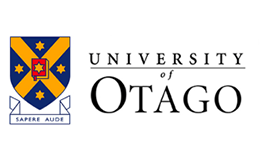




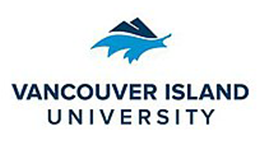
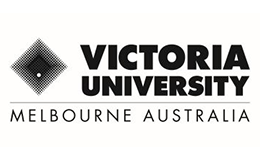




.png)









.png)




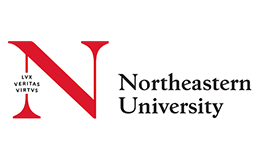
















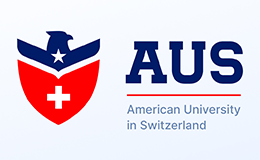


.png)






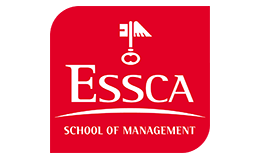








.png)





